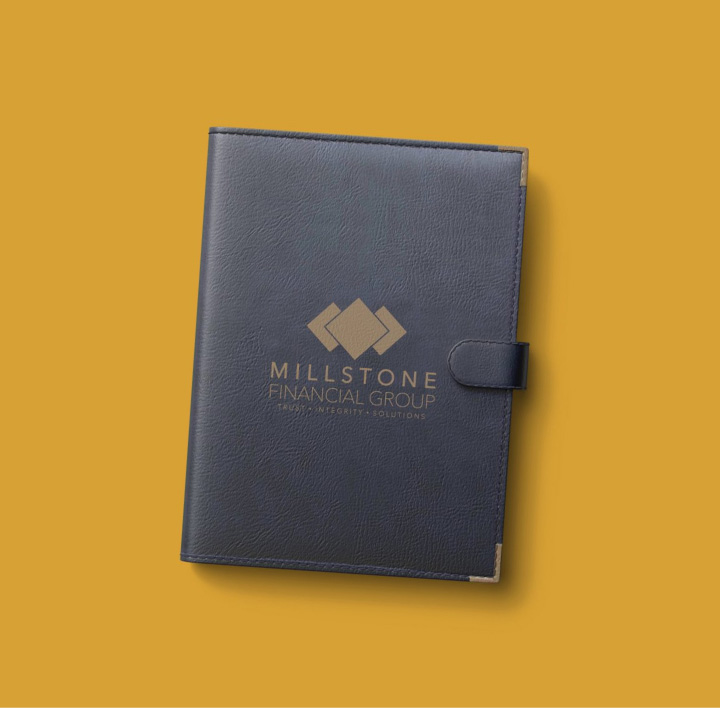Planning for after your passing can be difficult. But creating a plan for what happens to your estate is highly important for your family and your legacy. If left unattended, your estate can potentially be caught up in arduous court processes and cause disputes amongst your loved ones – and you don’t want to be remembered for that. Therefore, it’s important to start with the basics when legacy planning. So, let’s talk about trusts and wills.
What is a Trust?
Essentially, a trust is a legal vehicle that grants a third-party trustee the ability to direct and manage assets in the trust fund on behalf of the beneficiary or beneficiaries of the trust.[1]
With a trust, you can determine where your assets go and when your beneficiaries have access to them. If you have a comprehensive will to accompany it, you can also minimize taxes and court fees for beneficiaries, such as your children. A trust can also protect your assets from creditors that your beneficiaries may have or from loss through divorce settlements. A trust may also help direct where remaining assets should go in the event of a beneficiary’s death. This can be helpful in a family that includes second marriages and stepchildren.[2]
One of the main benefits of trusts is that they allow you to pass on assets quickly and privately. Setting up a trust can help you avoid the lengthy probate court process that is associated with wills.
What is a Will?
A will is a legal document that can make your wishes for your assets legally enforceable at the time of your passing. A will often includes specific directions for bestowing assets such as real estate, investment or retirement accounts, money, or heirlooms to beneficiaries. A will must also be signed with a witness present.[3]
However, settling an estate entirely through a traditional will may trigger what’s known as the probate court process.[4] Basically, a judge, not your children or other beneficiaries, has the final say on who gets what. The probate process can also drag on for months or even years and may even become public.
How to Use Wills and Trusts to Minimize Taxes
You don’t have to choose between a will and a trust. You can utilize both to ensure that your estate is managed as you wish after your passing. Having these legal documents in order can help you prepare to minimize taxes associated with legacy planning. Working with an advisor can help you take the next step to integrate a tax-minimization strategy into your plan. Talk to us today for a complimentary meeting to get your estate planning on track.
[2] https://www.bankrate.com/investing/what-is-a-trust/
[3] https://www.investopedia.com/articles/pf/08/what-is-a-will.asp
[4] https://www.investopedia.com/articles/personal-finance/051315/will-vs-trust-difference-between-two.asp
Millstone Financial Group Limited Liability Company does not provide legal services but will work with your attorney or independent legal counsel. You should always consult with a qualified professional before making any tax or legal decisions.
Advisory services are offered through Millstone Financial Group Limited Liability Company, a Registered Investment Advisor in the State of New Jersey. Insurance products and services are also offered through Millstone Financial Group Limited Liability Company.
Millstone Financial Group Limited Liability Company is not affiliated with or endorsed by the Social Security Administration or any other government agency.




